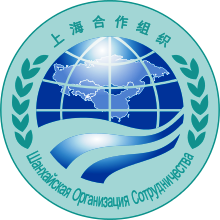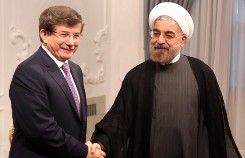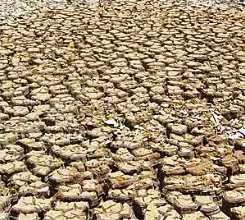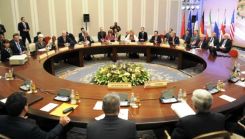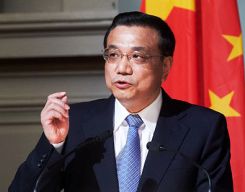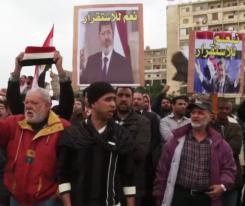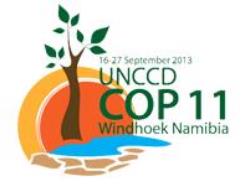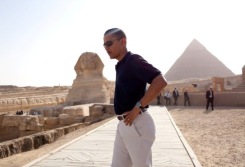By Kaveh L. Afrasiabi* | IDN-InDepth NewsAnalysis
TEHRAN (IDN | Iran Review) – Although President Hassan Rouhani is scheduled to participate in next month’s summit of Shanghai Cooperation Organization (SCO) in the Kyrgyz capital of Bishkek, the whole Iranian approach toward this regional, part economic, part security, organization is now under review in Tehran, as part and parcel of a “new foreign policy” promised by Rouhani and his foreign policy team headed by Javad Zarif.
Inducted as observer, along with India, Pakistan and Mongolia, since 2005, Iran has in fact sought full membership in the SCO since 2008, only to be rebuffed by the legalistic argument that the organization’s rules disallow membership by any country that is under the UN sanctions. Clearly, that is giving the UN sanctions too much importance and if China and Russia, the two leading SCO powers, really wanted they could come up with a creative solution, such as a “conditional acceptance” of Iran that would hinge on Iran’s resolution of its current problems with the UN atomic agency, the IAEA.

